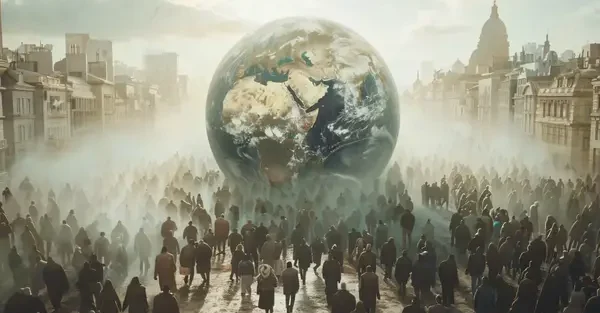Understanding the global shifts, tensions, and risks behind the rising conversations around World War 3.
In Brief:
- The term “World War 3” is gaining traction due to multiple escalating global conflicts.
- It’s not just about physical warfare—economic, cyber, and political fronts are now battlegrounds.
- Businesses and leaders must prepare for uncertainty, geopolitical risk, and global economic disruption.
Introduction:
The phrase “World War 3” is no longer limited to history books or fiction. With geopolitical tensions rising globally, many are wondering: are we heading toward a major global conflict?
- A Tense World Map: From Ukraine to the Middle East
From the ongoing Russia–Ukraine war to the deepening crisis in Gaza and rising tensions between Israel and Iran, conflict zones are spreading across continents. These aren’t isolated battles—they are reshaping global alliances, trade, and diplomacy.
- Asia’s Fragile Balance: China, Taiwan & the U.S.
As China continues to increase its pressure on Taiwan and the U.S. strengthens its support for the island, raising concerns of a potential military confrontation. Any escalation here could impact global supply chains—especially in tech and semiconductors.
- The Cyber and Economic Battlefields
World War 3 might not begin with bombs but with bytes. Cyberattacks, digital espionage, economic sanctions, and disinformation wars are already underway. This silent war has the power to cripple critical infrastructure and influence global markets.
- Nuclear Deterrence and Global Diplomacy
Despite tensions, most major powers understand the catastrophic consequences of nuclear warfare. Diplomacy, economic interdependence, and public pressure still serve as barriers against full-scale war—but these mechanisms are under strain.
- What This Means for Businesses & Leadership
In this uncertain landscape, companies must rethink risk strategies. From supply chain resilience and political risk assessments to cyber readiness and leadership agility, preparing for volatility is no longer optional—it’s a responsibility.
Summary:
While a global war on the scale of WW3 remains unlikely, the risks are real. It’s not just about armies and borders anymore—war in the modern world is multifaceted, and its ripple effects touch every industry, economy, and citizen. Leaders who understand this complexity will be better positioned to navigate the road ahead.





